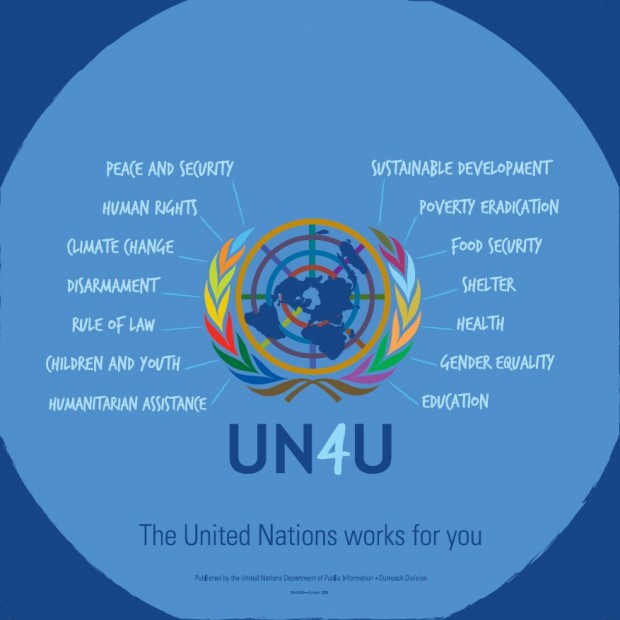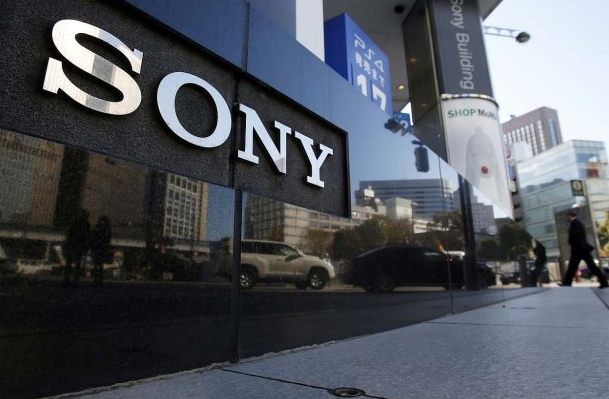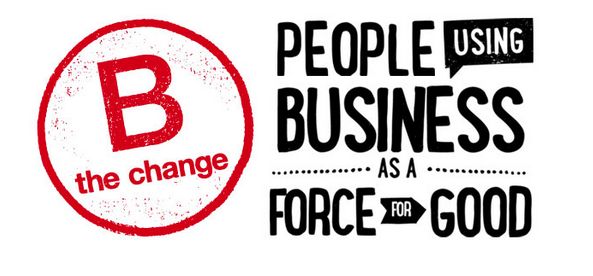”If the United Nations was fully funded why would we need the Arc or social enterprise”?
The simple answer is because the UN as an organisation is limited in its political power; and as an international organisation is also broad in scope, which makes it good for idea-sharing and consensus-building but not ideal for actual fieldwork, which in many cases is dependent on smaller organisations like ARC and social enterprises.
Depending on one’s opinion on the purpose of the UN, it can be seen as a platform for discussion on mutual concerns of various countries, in which case I would argue that it’s quite effective, or it can be seen as a means to pool international resources, maintain peace physically and get things done in individual countries, in which case, it’s not so effective. Much of this is due to the UN’s nature as a partnership of most of the world’s countries and as such, it has no legal or political power over individual countries- a concept called sovereignty in which each country has power over and is responsible for its own policies and initiatives. Although the UN does have a number of affiliated organisations/bodies which do operate within individual countries, such as the UN peacekeepers, WHO, and UNICEF, a country’s consent is still necessary. This restricts the UN’s ability to operate and directly be involved in the internal affairs of every country because of potential friction with the countries that tend to dominate discussions over security and the use of UN resources (normally members of the G8 and those that pool the most money into the UN).
As a result, NGOs and other international or local organisations play a huge role in the sustainable development of countries and humanitarian responses and are critical. These organisations can bridge resources and can diversify and specialise much more effectively than a large body like the UN can; and they can also individualise the help needed to each particular sector they work in. This is important because social work is not just about what’s being done; it’s about building relationships and cultivating leadership and growth with the people who live in that area, and local businesses and organisations are almost always more effective in this than large ones like the UN.
In addition, initiatives like ARC are exceptionally crucial and different from plain social enterprises because they help local people get out of the poverty trap and encourage local citizens to build social enterprises for themselves; contributing to the sustainable development of a region and addressing more long-term underlying issues rather than food or shelter relief. Although I completely appreciate and respect the work the UN, UNICEF and the WHO does, and relief is definitely necessary in emergency events and temporarily while a country is undergoing unrest, ultimately, relief and donations are a short-term solution and is not ideal in producing a self-sustaining community. Providing local people with the tools and knowledge they need to create social enterprise and contribute to their community is much more effective and highly crucial in building a sustainable world.
As Lao Tsu said:


 Follow
Follow


